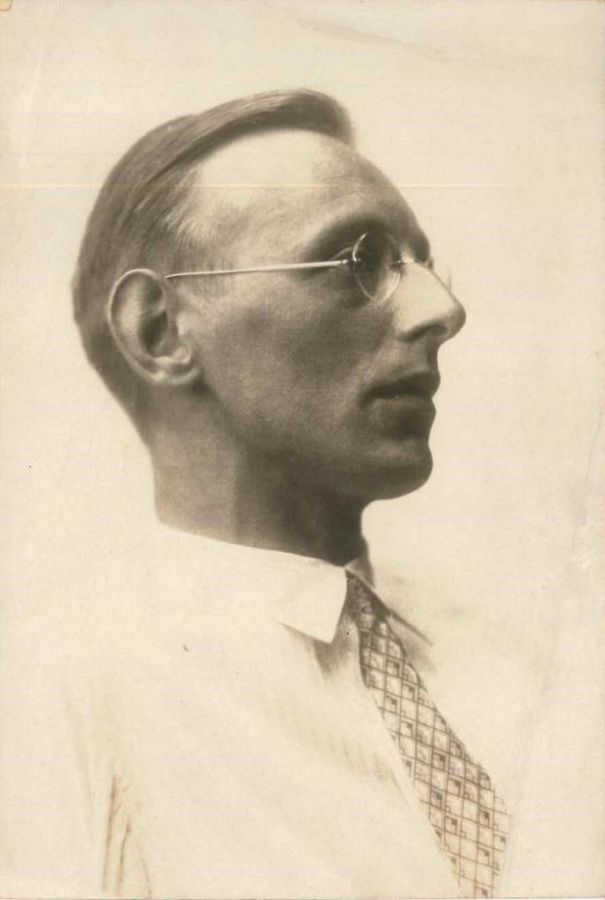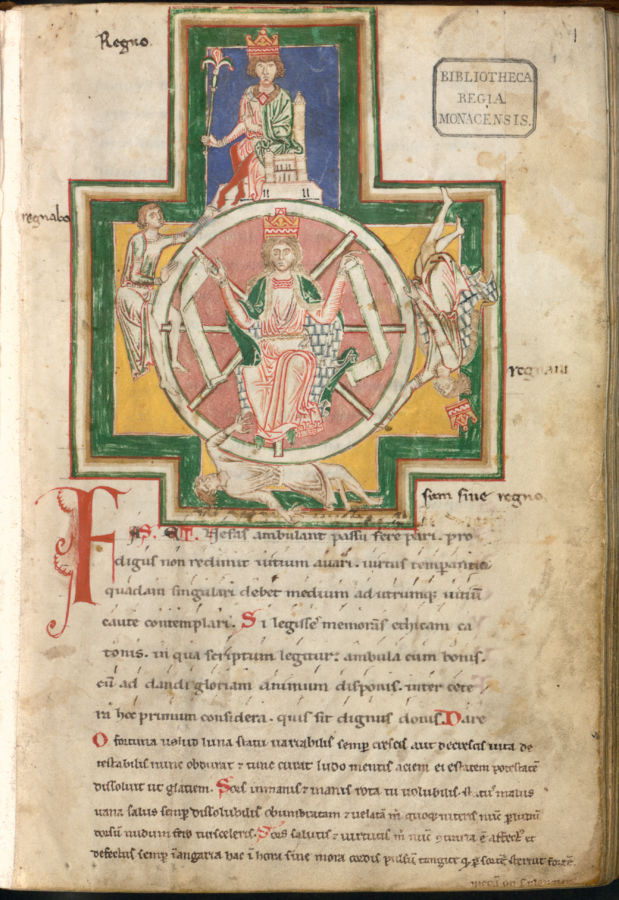Sometimes they lead to impressive musical ideas: Carl Orff’s „Carmina Burana“ is one of the most performed works of music literature in the world today. Strictly speaking, it owes its creation to three fortunate circumstances.
1. „Moving“ of original manuscripts to Munich
Christoph Freiherr von Aretin was sent to the Convent of Benediktbeuren in the course of secularisation in 1803 to transfer all valuable medieval manuscripts there to the Munich Court Library (today: Munich „Staatsbibliothek“). Among them was a manuscript with 119 leaves and 8 pictorial miniatures from the middle of the 13th century – mainly in Middle Latin, but also in Middle High German (Bavarian dialect) and French. This collection is preserved there under the title C(odex) l(atinus) m(onacensis) 4660 to this day.
2. Publication of the medieval collection in Stuttgart
.
The Germanist and court librarian Johann Andreas Schmeller (1785-1852) first published this collection as „Editio princeps“ in the „Bibliothek des Literarischen Vereins in Stuttgart“ in 1847 under the Latin title „CARMINA BURANA“. It means „Beurer Lieder“ or „Songs from Benediktbeuren“. As an aside, it should be briefly noted that the „Stuttgarter Oratorienchor“ was also founded in the same year as the „Verein für klassische Kirchenmusik“ in Stuttgart.
3. Inspiration from the image of the wheel of fortune

The beginning of the creation of a work of the century had been made. Carl Orff could hardly have imagined the unbelievable success of his work – and certainly not that a pop star (Michael Jackson) or a boxing world champion (Henry Maske) would one day take the stage to his music. Not to mention the questionable use of his music for advertising purposes for chocolate by a well-known company…


